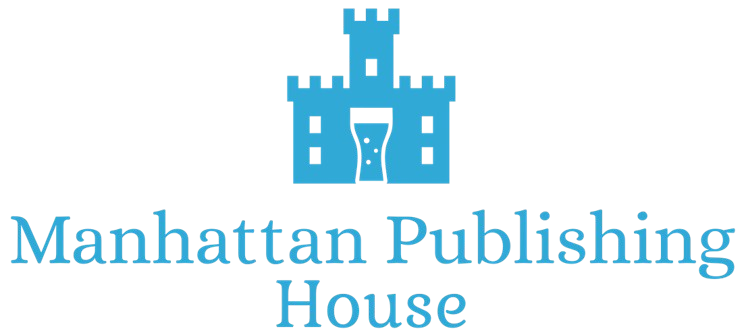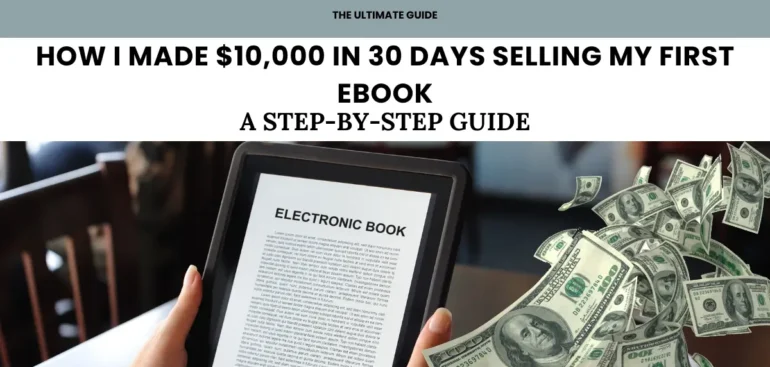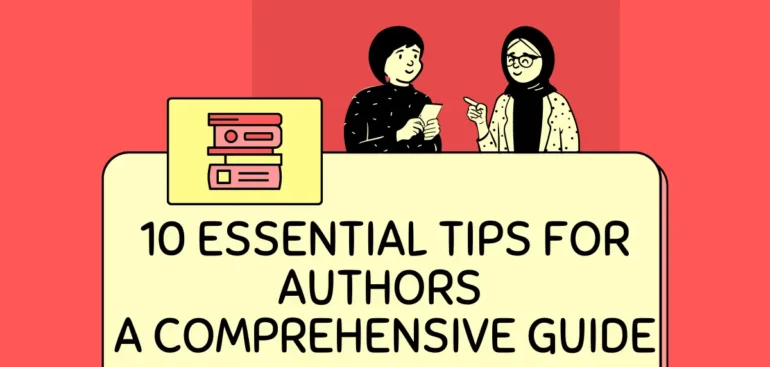Are you an aspiring author looking to turn your writing into a lucrative business? Do you wonder how some ebook authors manage to rake in thousands of dollars in just a few weeks? I’m about to spill my secrets on how I achieved this remarkable feat, and you can too. How I Made $10,000 in 30 Days Selling My First Ebook: A Step-by-Step Guide
The Backstory: Why I Decided to Write an Ebook
As an avid reader and writer, I always dreamed of publishing my own book. However, the traditional publishing route seemed daunting, with its lengthy submission processes and uncertain outcomes. The rise of self-publishing and ebooks presented an opportunity too good to pass up. I decided to take the plunge, and my journey began.
Step 1: Choosing a Profitable Niche (Days 1-3)
The first and most crucial step was selecting a niche with a large audience and relatively low competition. I conducted thorough market research using tools like Amazon Kindle Spy and Google Trends. After analyzing the data, I settled on a niche that aligned with my passions and expertise. This strategic decision laid the foundation for my ebook’s success
Step 2: Crafting a Compelling Title and Cover (Days 4-6)
A catchy title and eye-catching cover are essential for grabbing potential readers’ attention. I brainstormed a list of titles, ensuring they were informative, yet attention-grabbing. For my cover design, I hired a professional designer who understood my vision. The result was a cover that popped, making my ebook stand out in a crowded market.
Step 3: Writing and Editing (Days 7-20)
With my title and cover in place, it was time to start writing. I created an outline, breaking down my ebook into manageable chapters. Writing 1,000 words per day, I completed my first draft in just two weeks. The editing process was meticulous, involving multiple revisions and feedback from beta readers. This dedication to quality ensured my ebook met the highest standards.
Step 4: Formatting and Conversion (Days 21-23)
Once my manuscript was polished, I focused on formatting and converting it into various file types. I used software like Vellum and Calibre to create a visually appealing interior design. This step is often overlooked, but it’s crucial for providing a professional reading experience.
Step 5: Setting Up My Sales Funnel (Days 24-26)
To maximize my ebook’s visibility, I set up a sales funnel using platforms like Amazon Kindle Direct Publishing (KDP) and Gumroad. I optimized my ebook’s description, keywords, and categories to reach a broader audience. This strategic setup enabled me to track sales, royalties, and reader engagement.
Step 6: Launch and Promotion (Days 27-30)
The final step was launching my ebook and promoting it to the world. I leveraged social media, email marketing, and book bloggers to spread the word. I also ran targeted Amazon ads and offered a limited-time discount to encourage early sales. The response was overwhelming, with my ebook reaching the top 100 in its category within the first week.
The Results: $10,000 in 30 Days
The outcome of my hard work and strategic planning was nothing short of remarkable. In just 30 days, I earned $10,000 from my ebook sales. This achievement not only validated my writing but also opened up new opportunities for me as an author.
Conclusion
Making $10,000 in 30 days selling my first ebook was a life-changing experience. By following these steps and staying focused, you can replicate my success. Remember, writing a best-selling ebook requires dedication, persistence, and a willingness to learn. Start your journey today, and you might just find yourself among the ranks of successful ebook authors. How I Made $10,000 in 30 Days Selling My First Ebook: A Step-by-Step Guide





